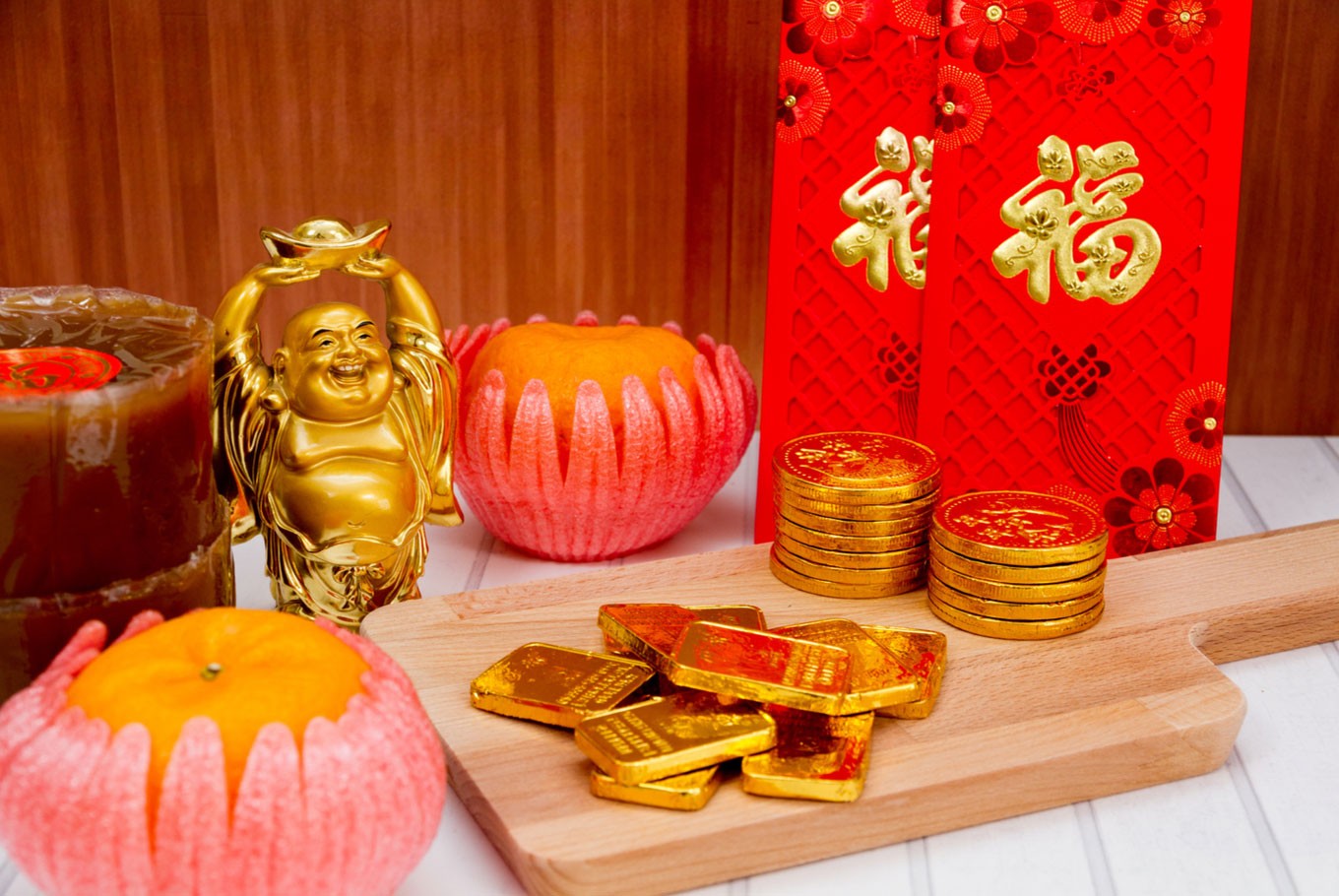Popular Reads
Top Results
Can't find what you're looking for?
View all search resultsPopular Reads
Top Results
Can't find what you're looking for?
View all search resultsTolerance high over Chinese New Year in Indonesia
Sumira recalled her anxiety when she was hired to work as a domestic helper at the Amurva Bhumi Temple in Setiabudi, South Jakarta, six years ago.
Change text size
Gift Premium Articles
to Anyone
S
umira recalled her anxiety when she was hired to work as a domestic helper at the Amurva Bhumi Temple in Setiabudi, South Jakarta, six years ago.
As a Muslim, she feared she would face a dilemma if her supervisor asked her to cook a dish that contained pork for the visitors to the temple. As much as she enjoyed working at the temple, she admitted she would be uncomfortable cooking pork dishes, an ingredient that is considered haram (forbidden) in Islam.
However, she was made aware that the temple committees would not ask her to do that. The temple officials would hire other people to cook any dish that contained pork in it.
“I did not even tell them that I might not be able to cook pork because they took the initiative by themselves,” she told The Jakarta Post over the weekend.
Since then, Sumira has been working at the Amurva Bhumi Temple. Her duties include cleaning and cooking.
Like every other Chinese New Year celebration, locally known as Imlek, the temple provided various dishes for the congregation and visitors. Sumira was assigned to prepare traditional dishes such rujak (vegetable salad), fried chicken, tempe and tofu. The temple provided food for the ChineseBuddhist community and also for general visitors.
Suleman, the temple administrative assistant, said the tradition respecting visitors from other religions and faiths had started years ago at the Amurva Bhumi Temple. He said those who prayed at the temple wanted to maintain good relations with local residents and people of other faiths.
With dozens of police officers guarding the temple’s front gate, he was glad that Imlek could be held peacefully this year without any disorder. This year’s Chinese New Year 2568 celebrates the year of the fire rooster.
(Read also: Chinese-Indonesians spend Rp 10 million on average for Lunar New Year: Survey)
Meanwhile, in Semarang, Central Java, thousands of people from various backgrounds flocked to the Sam Poo Kong Temple, the oldest in the province, to witness the Imlek celebration over the weekend. The temple held various performances such as a collaboration between Reog and Barongsai dancers for the congregation and the general public.
“I take my kids to see Chinese cultural attractions here. It is always interesting,” said Ananto, a resident of Kendal in Central Java.










